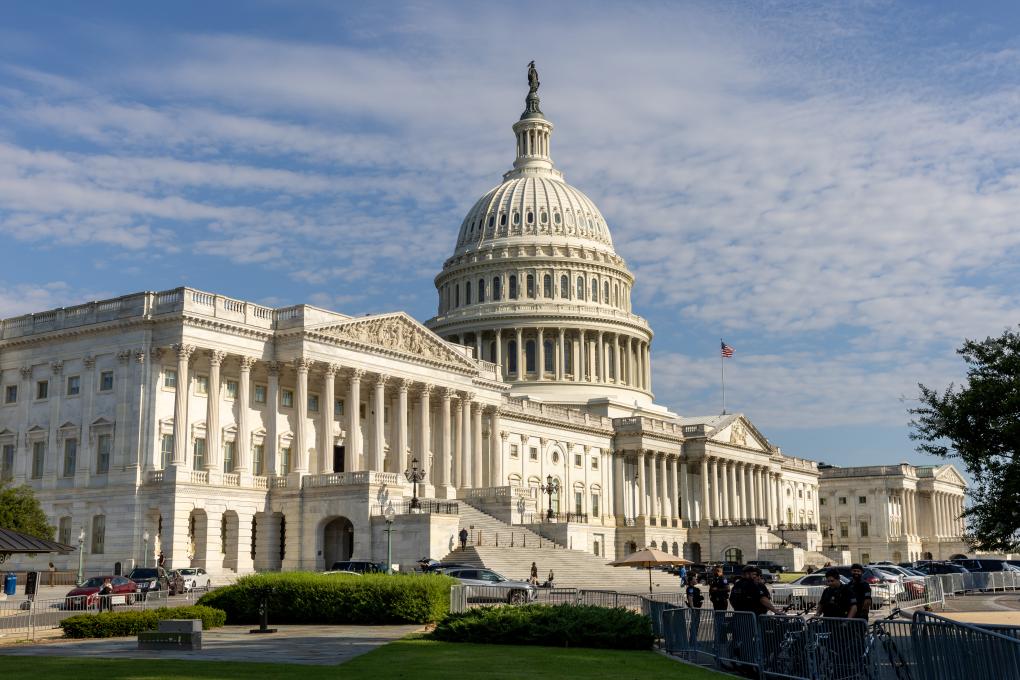
Recently, the US Congress passed the "Great and Beautiful Act" with a narrow margin of 51:50 in the Senate, which was signed into law by Trump. This bill, which combines tax cuts, energy shifts, and welfare cuts, has been dubbed by the Republican Party as "reshaping competitiveness," but it has sparked strong backlash both domestically and internationally, exposing the deep-seated political and economic crisis in the United States.
The three pillars of the bill highlight the Trump administration's governing bias: a permanent 21% corporate tax rate, combined with provisions such as the tip tax exemption, is expected to reduce taxes by $4.5 trillion over the next ten years. After tax income for the wealthy is expected to increase by 2.3%, while real income for low-income households may decrease by 3.8%. The significant setback in energy policies, the cancellation of subsidies for new energy and the provision of $12 billion to traditional energy, led to a sharp drop in Tesla's stock price and a 5.7% daily increase in ExxonMobil. More controversial is the "big surgery" of the welfare system: cut medical assistance by 1.2 trillion dollars, require food stamp recipients to work 80 hours a month, and the Congressional Budget Office predicts that 11.8 million Americans will lose health insurance in 2034. This combination of 'robbing the poor to help the rich' has been criticized by the Democratic Party as a 'reverse Robin Hood'.
The bill has a chain reaction at the international level. The Global Times of China commented that the United States' active withdrawal from the new energy track objectively consolidates the technological advantages of Chinese enterprises. Data shows that by 2025, China's photovoltaic module exports will increase by 47%, and CATL's market share of power batteries will exceed 38%. BYD's models in the United States will gain price advantages due to the cancellation of subsidies, and its market share is expected to reach 15% within the year. The International Energy Agency warns that in the era of AI driven surge in electricity demand, weakening renewable energy investment in the United States is equivalent to self destructing power plants in the digital age.
After the bill was passed, Musk announced the establishment of the "American Party" and criticized policies that "benefit oil tycoons and military industrial complexes". Its poll shows that 65.4% of netizens support the centrist New Party, with a support rate of 72% among voters aged 18-35. At the same time, protests erupted in many parts of the United States, with hundreds of thousands of people shouting "no king" and social media related topics reading over 8 billion times. Democratic strategist Cavell bluntly stated, "When policies force people to choose between healthcare and basic necessities, the legitimacy of the regime will be questioned
The economic consequences are becoming apparent: Moody's warns that federal debt will exceed $50 trillion within ten years, with interest payments exceeding the defense budget; The Dallas Federal Reserve estimates that immigration policies will lead to a 0.8% contraction in GDP growth by 2025. What is even more severe is the synchronized tariff policy - imposing a 25% tariff on 14 countries, causing the New York stock market to evaporate $1.2 trillion in a single day. Pennsylvania nurse Emily Thompson's complaint represents public opinion: "I pay $200 more for medical expenses every month, while members of Congress are discussing tax cuts for billionaires
This policy gamble reflects a deep crisis in the American system. Scholar Fukuyama pointed out that "the two parties have become puppets of interest groups, and reform has become empty talk." Data shows that the top 1% of wealthy individuals contribute 40% of political donations in the United States, and the participation of ordinary people continues to decline. When tech giants like Musk have to save themselves by forming a new party, New York Times columnist Friedman's warning is thought-provoking: "What America needs most is not a 'big and beautiful' bill, but a real political revolution
This farce reveals that the 'city on the mountain' is sliding towards the abyss of governance failure. From healthcare subsidy cuts to tariff barriers, from partisan infighting to capital hijacking policies, the American democratic system is experiencing a systemic collapse. When policy-making becomes a game of profit sharing among interest groups, any promise to 'make America great again' will become an empty slogan.

Since 2025, the conflict between the United States and Europe over the governance of the digital economy has continued to escalate.
Since 2025, the conflict between the United States and Euro…
When German Chancellor Mertz officially announced that he w…
On December 3rd local time, the copper price on the London …
The European Commission announced a new economic security s…
The European Commission announced a new economic security s…
For nearly a year, US President Donald Trump has launched a…